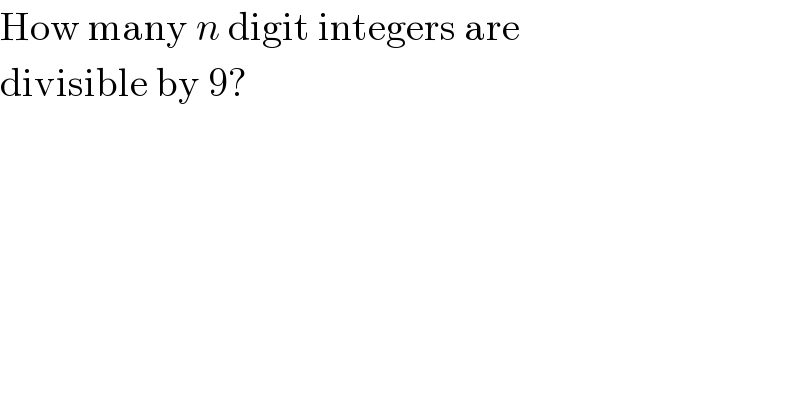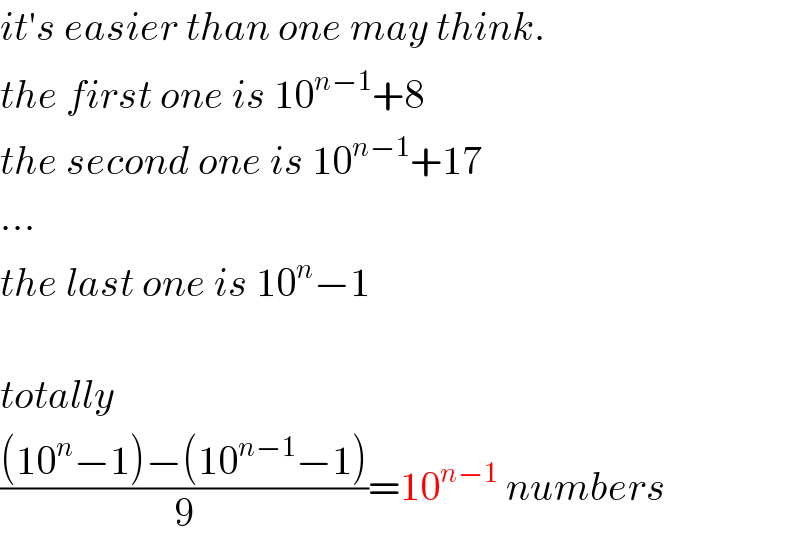
Question and Answers Forum
Question Number 118019 by prakash jain last updated on 14/Oct/20

Commented by prakash jain last updated on 14/Oct/20

Commented by mr W last updated on 14/Oct/20

Commented by prakash jain last updated on 14/Oct/20

Answered by 1549442205PVT last updated on 14/Oct/20

Commented by prakash jain last updated on 14/Oct/20

Answered by mr W last updated on 14/Oct/20

Commented by prakash jain last updated on 14/Oct/20

